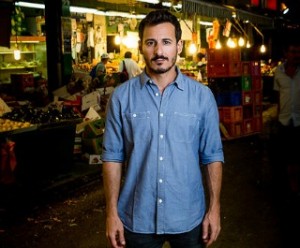If the aim of the Israeli government is to prevent a peace deal with the Palestinians, now or in the future, it’s close to realizing that goal. Last week, it approved the construction of a new Jewish settlement in the West Bank, another step in the steady march under Prime Minister Benjamin Netanyahu to build on land needed to create a Palestinian state.
The Obama administration, with every justification, strongly condemned the action as a betrayal of the idea of a two-state solution in the Middle East. But Mr. Netanyahu obviously doesn’t care what Washington thinks, so it will be up to President Obama to find another way to preserve that option before he leaves office.
The best idea under discussion now would be to have the United Nations Security Council, in an official resolution, lay down guidelines for a peace agreement covering such issues as Israel’s security, the future of Jerusalem, the fate of Palestinian refugees and borders for both states. The United Nations previously laid down principles for a peace deal in Resolution 242(1967) and Resolution 338 (1973); a new one would be more specific and take into account current realities. Another, though weaker, option is for Mr. Obama to act unilaterally and articulate this framework for the two parties.
 On October 21, the Israeli Hebrew-language daily Yedioth Ahronoth published a
On October 21, the Israeli Hebrew-language daily Yedioth Ahronoth published a